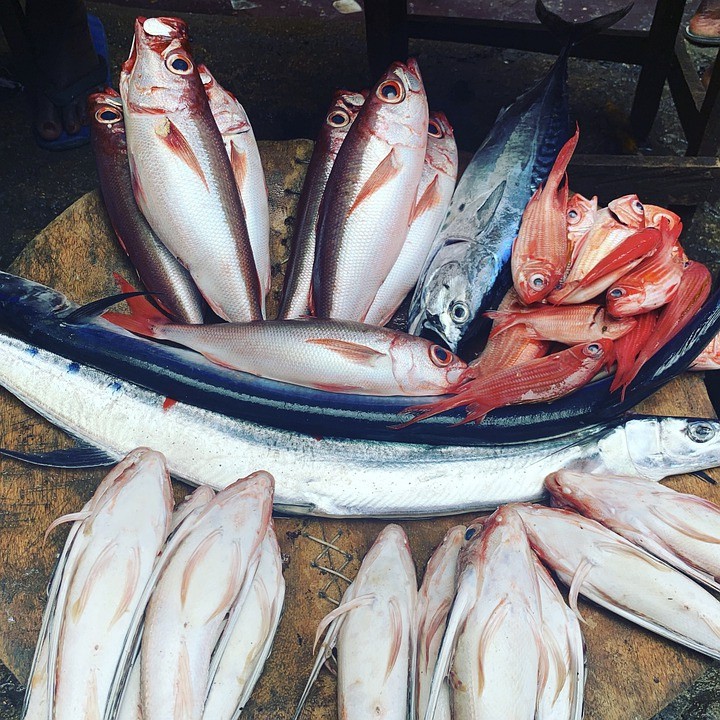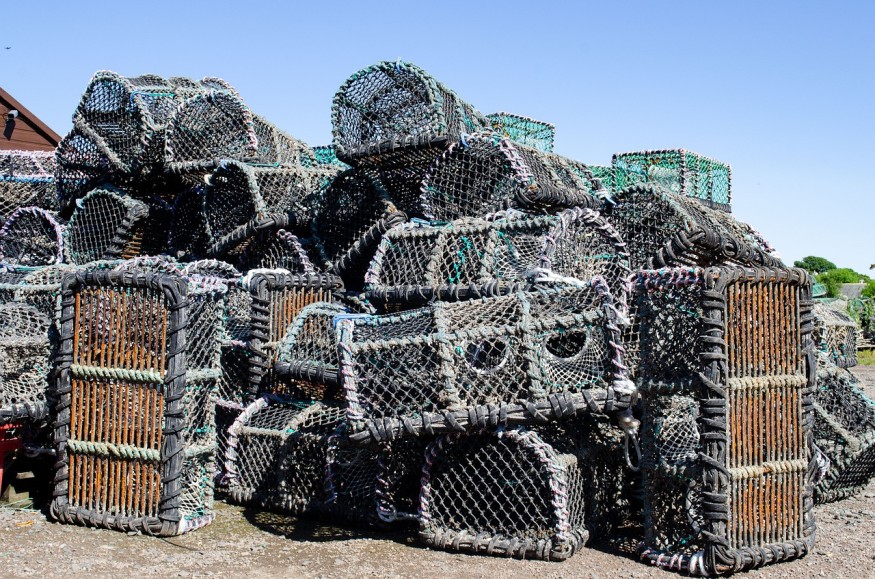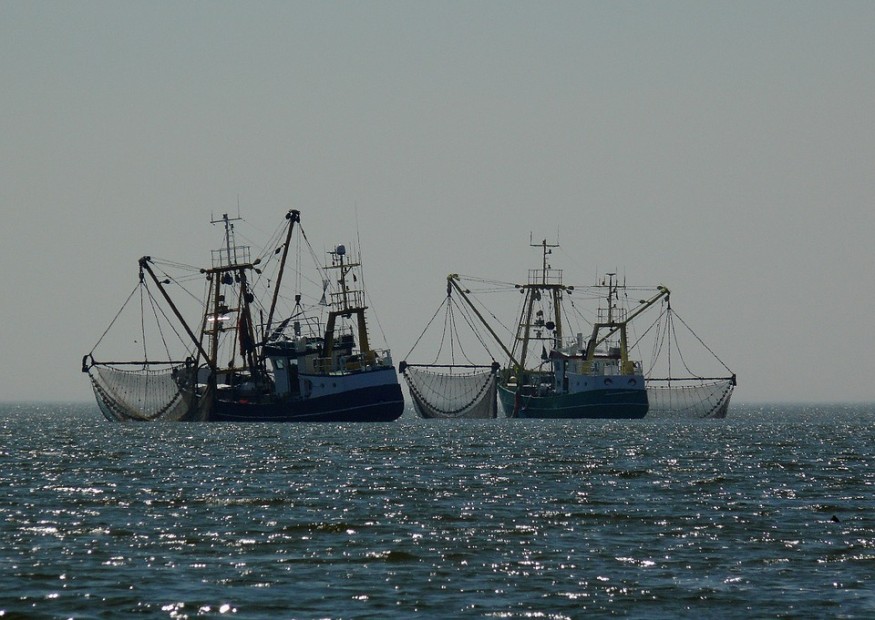According to Australia's leading fisheries research agency, social media is a threat to the country's developing aquaculture industry since influencers may weaken confidence by spreading false information.
The Fisheries Research and Development Corporation claimed advertising on social media platforms like Facebook and Twitter present a reputational risk to operators in a statement to a parliamentary investigation into the $1.5 billion sectors.
Australia's Aquaculture Industry

Southern bluefin tuna, Atlantic salmon, and barramundi are among the ten species of fish cultivated in Australia. Mud crabs have also been grown for many years in Australia, occasionally to the point of over-exploitation.
Traditionally, this aquaculture was restricted to pearls, but since the early 1970s, other kinds of aquaculture, including finfish, crustaceans, and mollusks, have received substantial study and commercial development.
Aquaculture contributes a third of Australia's annual fish production of 240,000 tonnes. Aquaculture production nearly quadrupled from 29,300 tonnes to 57,800 tonnes in the decade leading up to 2006-07.
In 2007-08, the total value of aquaculture production in Australia increased by $62.7 million to $868 million. In 2008, the aquaculture sector, directly and indirectly, employed over 7000 people, supporting 20,000 people, making it Australia's fastest expanding primary industry.
Read also: Digital Tagging: Can Blockchain Technology Turn the Tide for Sustainable Fishing Industry?
Receiving Bad Social Media Reps
The idea comes as sectors of the booming industry, particularly Tasmanian salmon farms, are under increasing criticism for their social and environmental records.
Salmon farmers were shaken this year by "revelations" by famous author Richard Flanagan's book Toxic, which triggered a flurry of social media responses.
It occurred after similar attacks on the industry five years ago when salmon aquaculture became a hot topic.
Harmful Misinformation

Changing consumer and public needs, according to the FRDC, provided an opportunity for aquaculture suppliers, but the strength of social media suggested that there were also risks.
According to the corporation's statement, consumer disruption from social media influencers, which may pose reputational hazards to markets, is a danger that has to be handled.
"Based on incorrect information, [the interruption] has the potential to erode community confidence and support for the aquaculture business."
The Standing Committee on Agriculture and Water Resources, led by Liberal MP Rick Wilson, is looking at methods to grow the aquaculture business in Australia.
Booming Industry

According to the FRDC, aquaculture is the world's fastest-growing food sector, valued at $243 billion and accounting for more than half of all seafood consumed by humans.
Although the sector has developed substantially in recent years, the corporation claims that Australian aquaculture accounts for less than 1% of worldwide production.
Despite this, the report stated the significant potential for Australian producers, notably in higher-value markets like Atlantic salmon, barramundi, and oysters.
It also stated that while most aquaculture takes place in state waterways, Canberra could assist by expediting environmental permits and expanding Commonwealth waters further out to sea.
For the most recent updates about aquaculture and other similar topics, don't forget to follow Nature World News!
© 2025 NatureWorldNews.com All rights reserved. Do not reproduce without permission.

